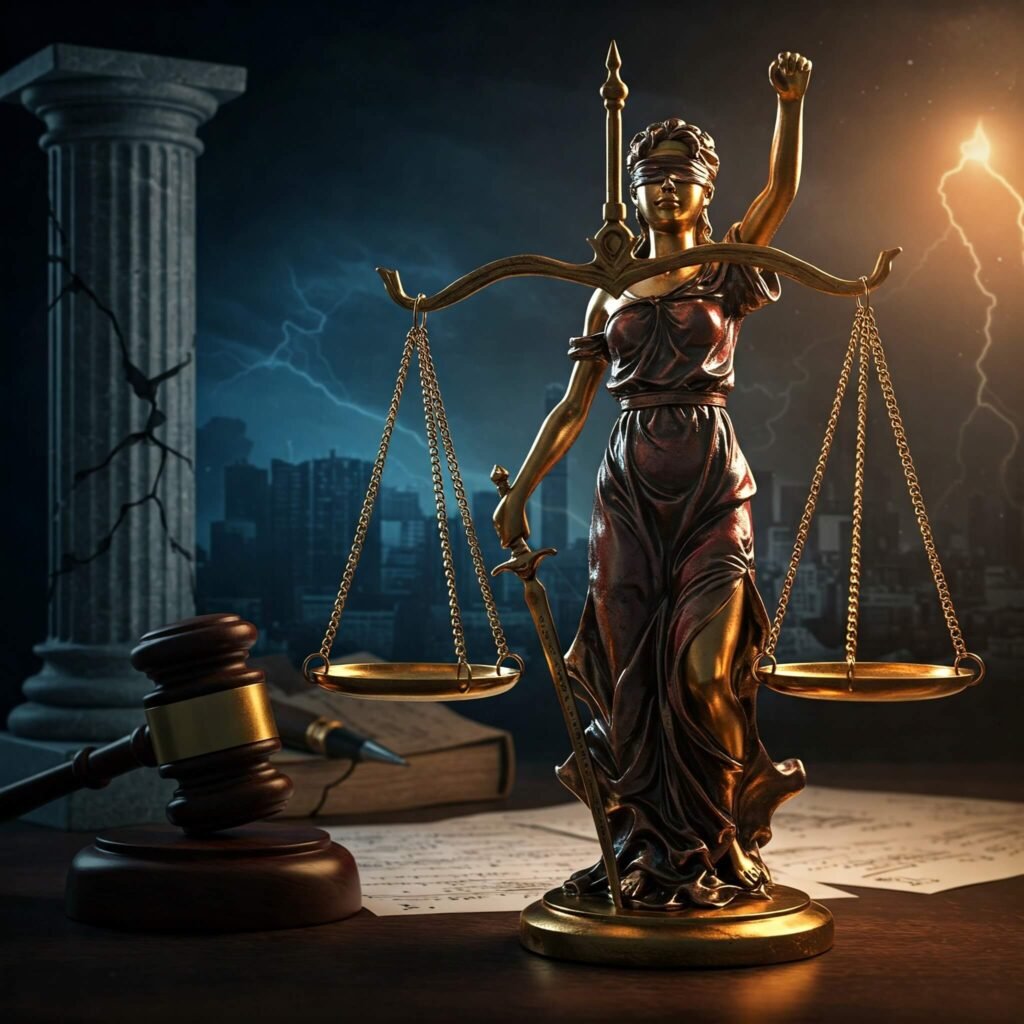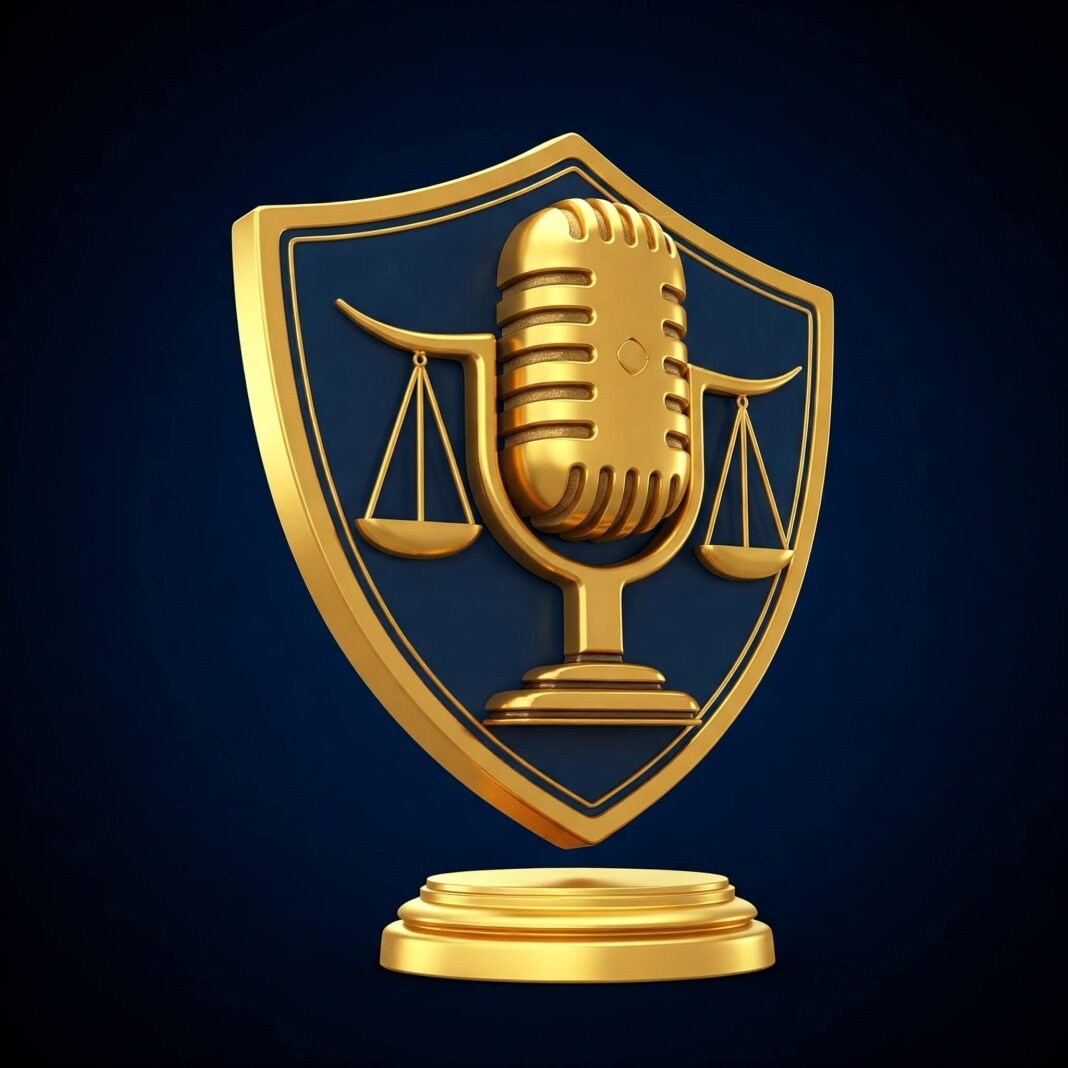Whistleblowers play a critical role in exposing fraud, waste, and abuse, protecting everything from taxpayer dollars to public safety. They are the brave individuals who step forward when they see wrongdoing, often at great personal risk. Recognizing their vital contribution, various laws have been enacted to shield them from retaliation. But the question on many minds, particularly among those who understand the complexities of the legal landscape, is: Is whistleblower protection in danger?
We’ve consulted with legal experts who specialize in this complex area to get their take on the current state of whistleblower rights and the potential challenges they face. Their insights shed light on the evolving legal landscape and what it means for anyone considering speaking up.
Is Whistleblower Protection in Danger? Understanding the Landscape
Before diving into the potential threats, it’s crucial to understand what whistleblower protection entails. In the United States, protection for individuals who report illegal activities or unethical conduct is scattered across numerous federal and state laws. Key examples include:
- The False Claims Act (FCA): Protects those who report fraud against the government and allows them to potentially share in recovered funds.
- The Sarbanes-Oxley Act (SOX): Offers protection to employees of publicly traded companies who report corporate fraud or securities violations.
- The Dodd-Frank Wall Street Reform and Consumer Protection Act: Created robust whistleblower protection programs at the SEC and CFTC, offering both protection and potential financial awards for reporting violations of securities and commodities laws.
- Various Environmental, Safety, and Other Laws: Many specific statutes, like those enforced by OSHA, contain anti-retaliation provisions for reporting violations within their jurisdiction.
These laws provide a framework, prohibiting employers from firing, demoting, harassing, or otherwise retaliating against employees for lawful whistleblowing activities. On the surface, it seems like a strong shield. However, legal experts point to several areas where this shield might be weakening or facing challenges.

Legal Experts Weigh In: Current Challenges to Whistleblower Rights
Despite the existence of these laws, legal professionals who represent whistleblowers frequently encounter hurdles that suggest whistleblower protection is in danger in practice, even if the laws remain on the books.
- Narrowing Judicial Interpretations: Courts sometimes interpret the scope of whistleblower protection laws narrowly, limiting who is covered or what types of reporting are protected. This can leave gaps where individuals believe they are protected but find they are not when they face retaliation.
- Enforcement Challenges: The effectiveness of laws depends heavily on their enforcement. Shifts in priorities or resources at agencies like the SEC, OSHA, or DOJ can impact how vigorously whistleblower retaliation claims are investigated and prosecuted. Delays in investigations or decisions can also discourage potential whistleblowers.
- Sophistication of Employer Retaliation: Employers seeking to silence whistleblowers are becoming more sophisticated. Retaliation isn’t always an overt firing; it can be subtle, like marginalization, exclusion, or creating a hostile work environment, making it harder to prove the link to the protected activity. Legal experts note this is a significant area where whistleblower protection is in danger.
- Mandatory Arbitration Clauses: Many employment contracts now include clauses requiring disputes, including retaliation claims, to be handled in private arbitration rather than public court. Critics argue this process can be less transparent, potentially favor employers, and lack the public scrutiny that reinforces the importance of whistleblower protection.
The Impact of Retaliation on Whistleblower Protection
Perhaps the most direct threat legal experts identify to the concept of whistleblower protection is the pervasive fear and reality of retaliation. While laws prohibit it, the process of seeking recourse can be long, expensive, and emotionally draining.
Examples of retaliation include:
- Termination or layoff
- Demotion or denial of promotion
- Reduction in pay or hours
- Harassment or intimidation
- Blacklisting within an industry
- Changes in job duties or location making the job untenable
Even if a whistleblower eventually wins their case, the personal and professional cost can be immense. This chilling effect discourages others from coming forward, which is a fundamental way in which whistleblower protection is in danger.

Navigating the Risks: What Legal Experts Advise for Whistleblowers
Given that legal experts believe whistleblower protection is in danger in practical terms, what should someone considering blowing the whistle do? Preparation and expert guidance are paramount.
- Document Everything: Before reporting, gather and securely store any evidence related to the wrongdoing and any potential signs of retaliation.
- Understand the Relevant Laws: Different laws apply depending on the industry and the nature of the wrongdoing. Knowing which statutes might offer whistleblower protection is crucial.
- Seek Legal Counsel EARLY: This is perhaps the most critical piece of advice. An experienced whistleblower attorney can:
- Evaluate your situation and the strength of your potential claim.
- Explain your rights and the specific whistleblower protection available under relevant laws.
- Advise on the best way to report the misconduct (internally, externally to an agency, or through legal channels) to maximize protection and potential recovery.
- Help you navigate the process and respond if retaliation occurs.
Acting without legal guidance can inadvertently jeopardize your status as a protected whistleblower.
The Future of Whistleblower Protection: Predictions from Legal Professionals
Looking ahead, legal experts have differing views on whether whistleblower protection is in danger long-term or if efforts are underway to strengthen it.
Some predict ongoing challenges due to political polarization and corporate lobbying efforts to limit liability. Others are more optimistic, pointing to continued, bipartisan support for specific programs (like the SEC whistleblower program) and increasing public awareness of the importance of corporate accountability.
Technological advancements also present a double-edged sword. While they can make it easier to document wrongdoing, they also raise concerns about surveillance and the security of reported information. The legal framework will need to adapt to these changes to ensure whistleblower protection remains effective.
Ultimately, the future of whistleblower protection likely depends on a combination of legislative will, judicial interpretation, enforcement priorities, and the continued courage of individuals willing to speak truth to power.

Conclusion
While robust laws exist, the consensus among many legal experts is that whistleblower protection is in danger from practical challenges like narrow legal interpretations, enforcement hurdles, sophisticated retaliation, and procedural barriers.
The act of blowing the whistle remains a courageous and vital service to society. For anyone considering taking such a step, understanding the risks and, critically, seeking counsel from legal experts specializing in whistleblower protection is not just advisable – it’s essential. Staying informed and supporting strong legal frameworks are key to ensuring that those who speak up are protected, not punished.




